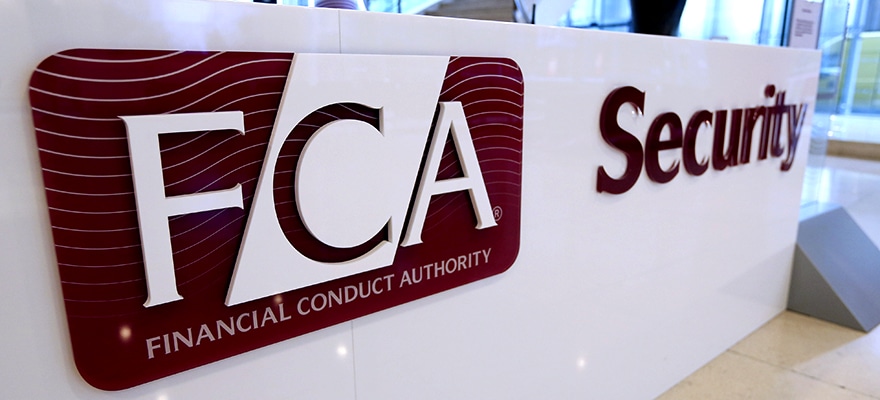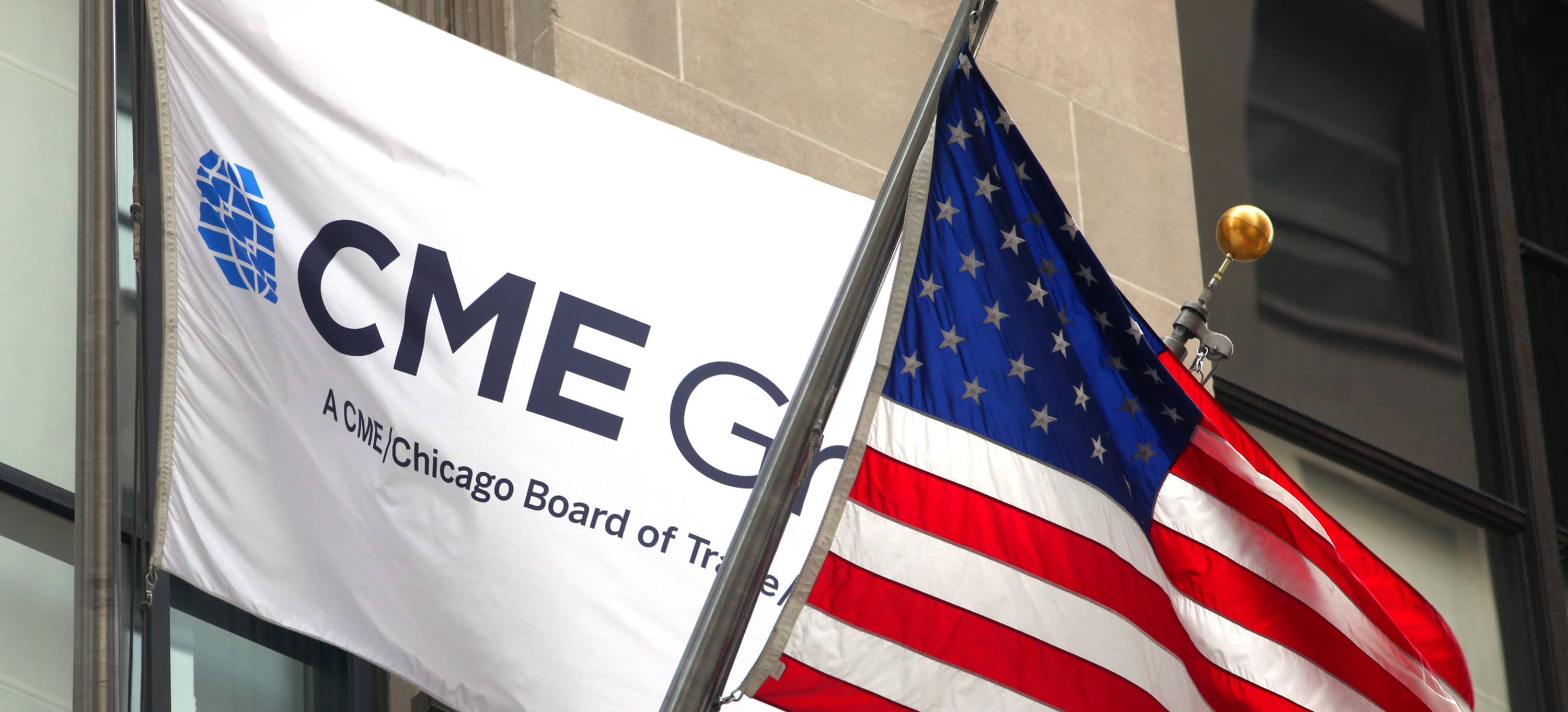Starting from January 1st, 2016, all Forex brokers operating in Russia will be required to get licensed. After years of delays, the forex regulation law which was passed about a year ago is finally about to get implemented with the first phase having already started on October 1st. A publication by Russian self-regulatory organization CRFIN, which is at the core of the regulatory regime, states that existing non-licensed brokers will be allowed to continue their operations until the end of this year.
The unfortunate faith of CFDs
According to the new law, only companies with a base capital of RUB 100 million ($1.54 mln) and a team of qualified experts will be granted a forex broker license. In addition to these requirements, the companies will need to pool funds into a common compensation fund designed to reimburse clients in case a company from the industry goes bankrupt.
Known as a deposit insurance scheme, the mechanism is designed to provide additional security to client funds in a similar way to how the Financial Services Compensation Scheme (FSCS) works under the U.K's Financial Conduct Authority (FCA) regulation. All licensed brokers will also be obliged to become members of the self-regulating organization of forex dealers (CRFIN).
The organization, and its members, will be under the oversight of the Russian central bank. The only services they will be allowed to offer will be strictly Forex Trading related, with the maximum leverage ratio set at 1:50. This is a big disappointment for forex brokers who have typically been offering other assets to diversify their exposure to the volatility of different asset classes.
the only services brokers will be allowed to offer will be strictly forex related
Last month, as the final details of the law were being discussed, some brokers warned that the forex market may cease to operate for as long as three months because of a stipulation that obliged all industry players to enter the self-regulatory organization CRFIN as of October 1st. At the same time, the law governing the formation and licensing of self-regulatory organizations in financial markets is only to come into force from January 1st. A number of brokers expressed worries that they won’t be allowed to operate legally from October to January.
Central Bank alleviates broker worries
The issue was addressed by the central bank, which said forex brokers will be allowed to continue their operations as usual until the end of this year even if they are not enrolled in the organization.
Lower taxes for traders should help the industry
One aspect of the new law that industry players welcomed with particular enthusiasm was the stipulation that the broker will act as a tax agent – a party, according to Russian legislation, that is responsible for withholding taxes due to the national budget. This will make life easier for retail traders and it would also encourage trading because income from forex operations is considered as a revenue, not as profit, and is taxed at a flat rate of 13 per cent. Profits, on the other hand, are taxed at 35 per cent.
Yan Art, member of the board of directors of CRFIN, said in a statement that the new law will better protect forex brokers and will clear the market of fraudulent entities.
Another industry insider, Nikita Gaydukov from ForexClub, noted that traders will be much better protected from risks with the new law, upon which regulators worked in cooperation with representatives of the industry.


















